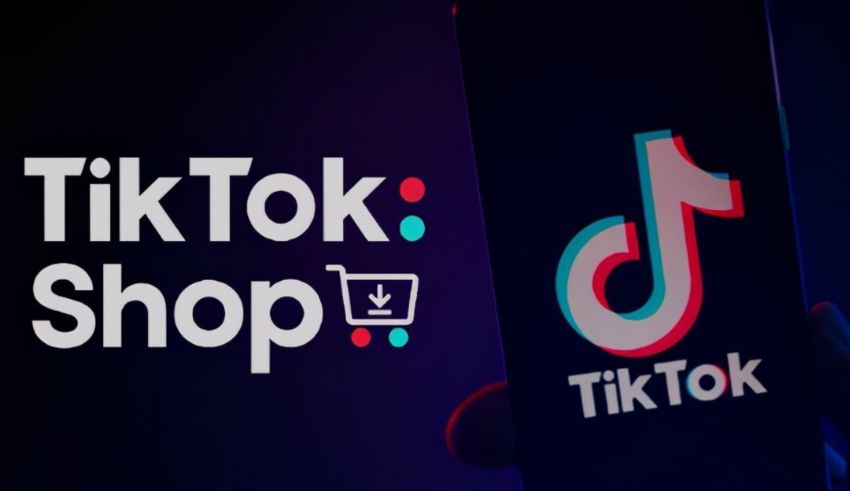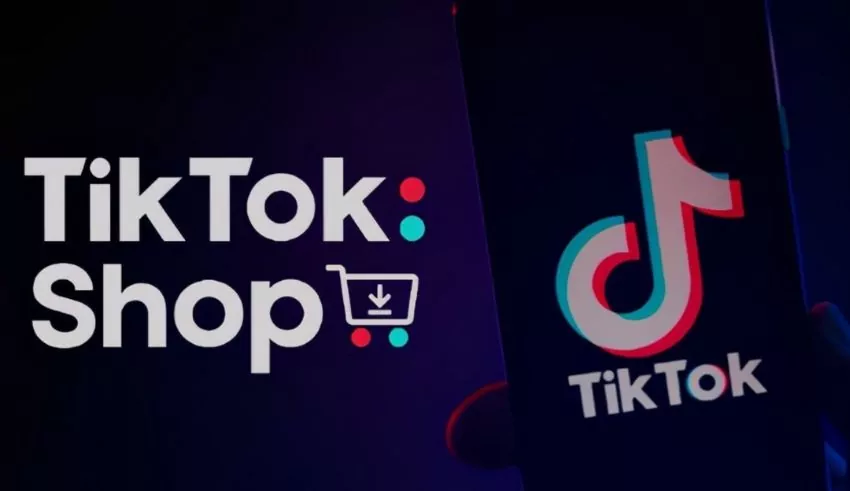

(C) Klaiya Digital Solution
In a surprising move that’s making waves, TikTok, the beloved video-sharing sensation, has decided to pull the plug on its online retail operations in Indonesia. This decision comes as a response to Indonesia’s recent ban on e-commerce transactions via social media platforms, delivering a substantial blow to TikTok, which has seen Indonesia as its fastest-growing market.
The Indonesian government raised the regulatory curtain on September 28th, unveiling a bold prohibition: social media companies could no longer play matchmaker between sellers and buyers of various products. The primary goal? Shielding local small businesses from the fierce competition brought by e-commerce giants while leveling the playing field. Accusations of predatory pricing practices and concerns over the dominance of popular apps and websites led to this regulatory crackdown.
TikTok, owned by China’s ByteDance, wasted no time in responding to Indonesia’s regulatory salvo. As a result, TikTok Shop Indonesia gracefully exited the e-commerce sales arena, adhering to the 5 p.m. deadline set by the authorities.
Zulkifli Hasan, Indonesia’s Trade Minister, shed light on the government’s perspective. The ban’s objectives include preventing algorithmic dominance and safeguarding personal data from being exploited for business purposes. It aims to nurture a fair, healthy, and mutually beneficial electronic commerce ecosystem within the country. Under this freshly minted regulation, marketplaces and sellers are allowed to showcase their goods and services but must refrain from conducting actual transactions.
The roots of this decision extend back to the scrutiny faced by Southeast Asia’s largest wholesale market, Tanah Abang, located in the bustling heart of Jakarta. Sellers in this market witnessed a startling drop in profits—more than 50%—as they grappled with the competitive juggernaut of cheaper imported products available online.
The Indonesian government pinned the blame on TikTok, accusing the platform of indulging in predatory pricing tactics that caused substantial harm to local small and medium-sized enterprises. This new regulatory framework is envisioned as the great equalizer, balancing the scales of online and offline trade.
In the wake of the government’s decision, TikTok Indonesia expressed its regret, especially concerning its impact on the millions of sellers who rely on TikTok Shop. Nevertheless, the company pledged its unwavering commitment to respecting the regulations and charting a constructive path forward.
Southeast Asia represents a colossal market for TikTok, drawing in more than 325 million monthly users. However, the platform is finding itself under the watchful gaze of governments and regulators worldwide due to mounting concerns surrounding user data privacy and its connection to Beijing.
In the world of ever-evolving regulations and tech innovations, TikTok’s future in Indonesia serves as a compelling case study, reflecting the intricate dance between social media and commerce on the global stage.
NASA astronaut Sunita Williams intends to return to India to talk to leaders at the Indian Space Research Organisation (ISRO).…
The 2024-25 CBA season in China was an historic 30th season for the league that was filled with exciting matches,…
China, stepping ahead of possible new US tariffs, has announced new trade plans from India to bring both countries closer…
Early Tuesday morning. The fire, which could be seen from several miles away, caused mass evacuations as the authorities fine-tuned…
OpenAI's new image creation option on ChatGPT attracted many users in a short time. ChatGPT achieved its one million user…
Yuki Tsunoda has targeted a dream podium at his home Japanese Grand Prix following his surprise elevation to Red Bull.…
This website uses cookies.
Read More